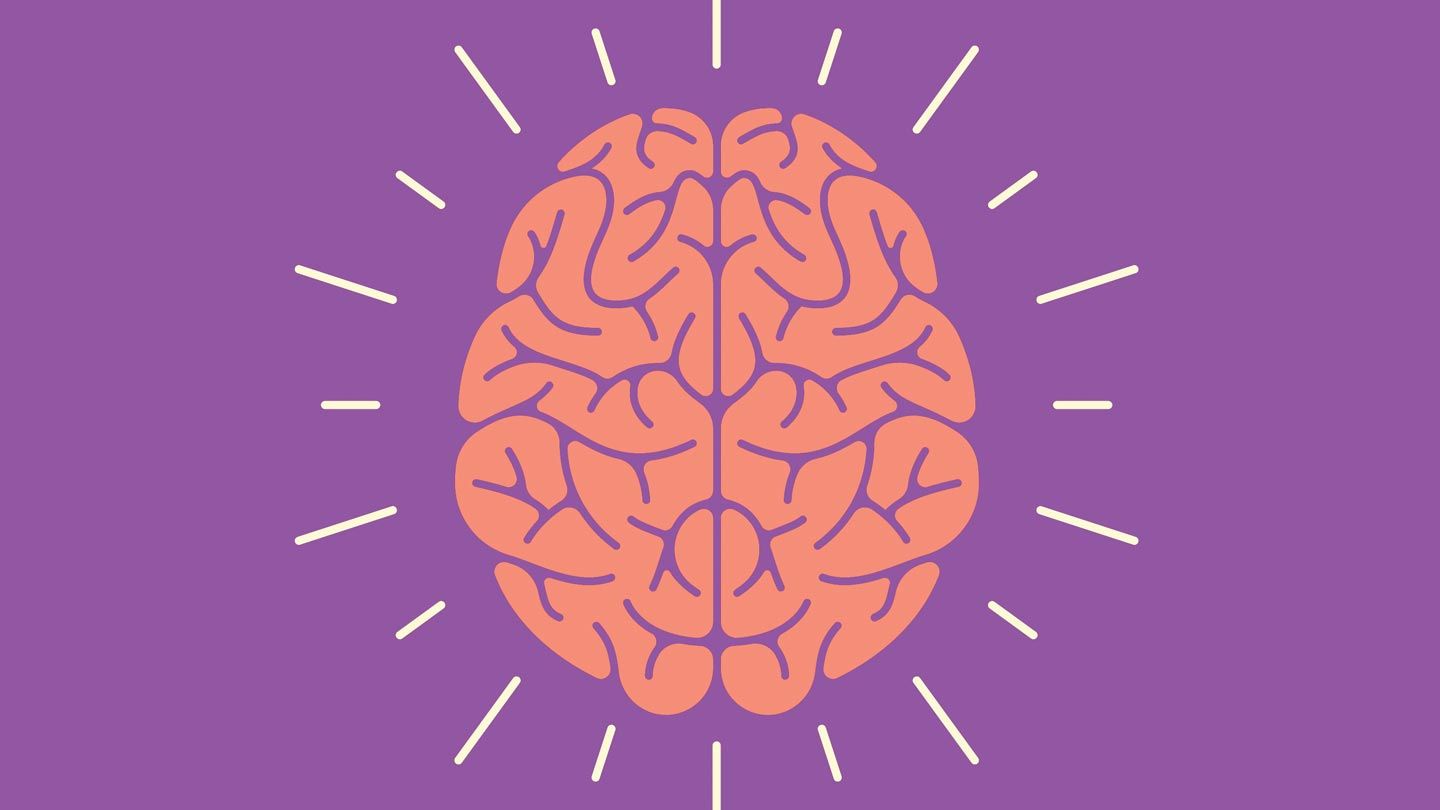Epilepsy as a Disability in Canada: Understanding the Legal and Social Implications
Epilepsy is a neurological disorder characterized by recurrent seizures that affect people of all ages, genders, and cultural backgrounds. In Canada, epilepsy affects about 300,000 individuals, making it one of the most common neurological conditions in the country. Despite its prevalence, many people with epilepsy still face significant social, economic, and legal challenges that can limit their opportunities and quality of life. In this article, we will explore whether epilepsy is considered a disability in Canada, and what are the legal and social implications of this status for people with epilepsy.
What is a Disability in Canada?
Before we discuss whether epilepsy is a disability in Canada, it is important to understand what the term “disability” means in a legal context. According to the Canadian Human Rights Act, a disability is defined as any physical or mental impairment that has a substantial and long-term adverse effect on a person’s ability to perform normal day-to-day activities. This definition includes a wide range of conditions, such as mobility impairments, visual or hearing impairments, mental health conditions, and chronic diseases.
Is Epilepsy Considered a Disability in Canada?
The short answer is yes, epilepsy is considered a disability in Canada. The Canadian Human Rights Act explicitly includes epilepsy as a condition that is protected from discrimination. This means that people with epilepsy have the same legal rights and protections as people with other disabilities, such as the right to equal treatment in employment, housing, and other areas of daily life.
Furthermore, in 2019, the Supreme Court of Canada issued a landmark ruling that affirmed the right of people with epilepsy to access medical cannabis. The case, called R v. Smith, involved a man with epilepsy who was charged with possession and trafficking of cannabis. The court ruled that the man’s right to access medical cannabis was protected under the Canadian Charter of Rights and Freedoms, as cannabis had been proven to be an effective treatment for his seizures. This ruling has significant implications for people with epilepsy, as it establishes a legal precedent for the use of medical cannabis as a treatment option.
Legal Protections for People with Epilepsy
As mentioned earlier, people with epilepsy have legal protections under the Canadian Human Rights Act. This means that employers, landlords, and service providers are not allowed to discriminate against people with epilepsy based on their condition. For example, an employer cannot refuse to hire a person with epilepsy solely because they have a history of seizures. Similarly, a landlord cannot deny housing to a person with epilepsy based on the assumption that they are a risk to other tenants.
In addition to the Canadian Human Rights Act, people with epilepsy may also be eligible for protection under other federal and provincial laws, such as the Employment Standards Act, the Accessibility for Ontarians with Disabilities Act, and the Manitoba Human Rights Code. These laws provide further guidance on what constitutes discrimination, and what steps employers, landlords, and service providers must take to accommodate people with disabilities.
Social Challenges for People with Epilepsy
Despite these legal protections, people with epilepsy still face significant social challenges that can limit their opportunities and quality of life. For example, many people with epilepsy struggle to find and maintain employment due to the stigma surrounding their condition. Employers may view people with epilepsy as unreliable or a liability, even if they have never had a seizure at work. This can make it difficult for people with epilepsy to secure meaningful and fulfilling employment.
Similarly, people with epilepsy may face challenges in accessing public transportation, recreational facilities, and other public spaces. For example, some transit agencies may refuse to issue driver’s licenses to people with epilepsy, even if they have been seizure-free for years. This can limit their mobility and independence, making it difficult to participate fully in society.
